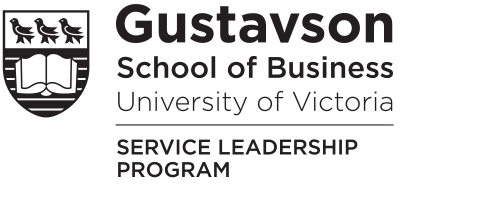4 key ingredients to any successful coaching process
An essential part of any coaching system is the ongoing execution of the coaching strategy. The coaching strategy, described in an earlier post, outlines values, objectives, and standards for coaching. It also undertakes an assessment where coaching currently stands in the organization and outlines how coaching is connected to the organizational context. Once there is a clear strategy, then there must be a process for ensuring that there is a successful execution of the strategy.
These are the 4 key parts that are essential to any successful coaching process:
- There must be an ongoing program for education and development of the coaches, so that they are continually raising their game in terms of the quality of their coaching and building their confidence in their abilities.
- We must ensure coaches have access to tools and techniques they can use to deploy successful coaching such as a coaching playbook (a set of usual tactics or methods that a coach can use to help the coachee grow in a particular area).
- There has to be a process for evaluating the success of coaching. The coach needs to understand that his or her coaching is making a difference and that the goals that were set out in his or her coaching approach are being achieved.
- There needs to be ongoing research into what makes for the most effective coaching. Continuous improvement in the quality of coaching inside the organization can only happen by looking for the best practices outside of the organization.
In short, I advocate for a scientific approach to coaching. First of all, we need to research the science of coaching to ensure we are always advancing our approach to coaching. Secondly, we need to adopt a scientific approach to executing coaching to help us develop our coaches, give them access to advanced tools and methods and to measure their performance so as to give them feedback as coaches.
There is nothing more important in an organizational context than growing our employees’ abilities to help them achieve their goals – that’s why we all need to be coaching scientists.



